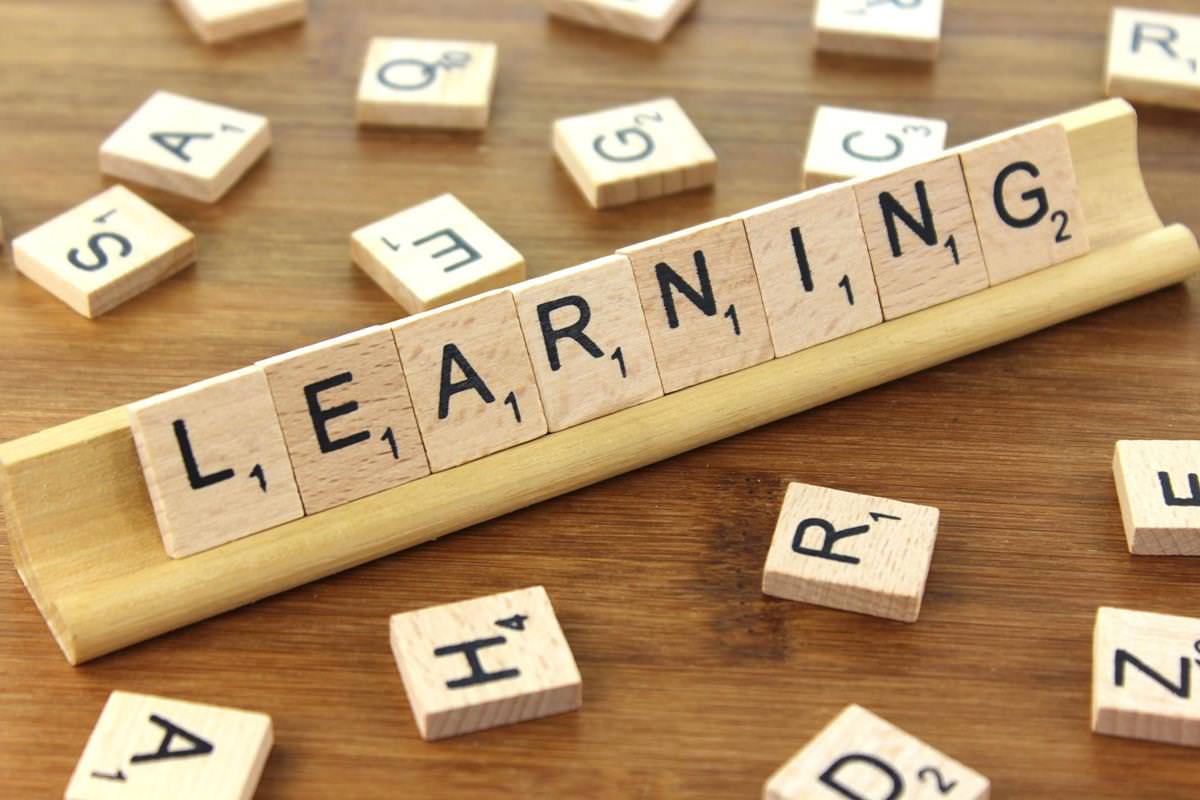If your goal is to
learn trading, you should pay the utmost attention to your educational journey. In fact, trading is not the simplest of activities; rather, it is very complex even for those who have what seems to be a sufficient background of knowledge.
In recent years, the opportunities to learn trading have increased dramatically. This is also due to the spread of educational content, which can be useful even for those who have never invested in their life, at least not speculatively. Often, the educational resources are
even free. We would like to focus our attention on these resources. Are they really useful? Do they actually allow you to learn trading? These are more than legitimate questions, which we will try to answer.
The Advantage of Free Resources
By free resources, we mean e-books, videos, and webinars that do not require any compensation for their use. It may seem strange, but they are abundant on the web. They are often considered a point of reference for the less equipped novices, not only from the point of view of knowledge but also economically. Therefore, the demand is still very high today, and it is not surprising that many have chosen to base their educational path exactly on this type of resource.
Free resources have one advantage, which is almost a given to mention:
they are free. In a world where capital holds great importance, it is certainly pleasant to find free material that does not require any expense or investment before even starting.
Despite this advantage, which is still to be taken into consideration, free resources are characterized by some "structural" defects, inherent in their very nature. We will discuss this in the next paragraph.
The Disadvantages of Free Resources
All the disadvantages associated with free resources depend on their very gratuitousness, thus representing the flip side of their greatest advantage. Furthermore, a dynamic must be taken into consideration, of which aspiring traders are often completely unaware. Free educational resources, in a good portion of cases,
are nothing more than a marketing tool. Certainly legitimate, potentially useful, but still a way to attract customers, snatch a contact, or undertake - we repeat, in a completely legitimate way - some kind of supplier-user relationship.
From this perspective, it becomes clear that free resources cannot be considered "complete" resources, as they only serve as a prelude to something more complex and therefore costly. It is no coincidence that free courses, videos, and webinars appear incomplete, almost as if they were
previews. It is one of the many variations of the concept of "free valuable content" that marketers are so fond of.
Even if there is no "commercial" intent or a hidden agenda related to marketing needs behind the free resource, it is still very likely that they will prove to be
insufficient to ensure a complete educational path. If they are free, then those who created them certainly did not put in their maximum effort. This is a logical dynamic that has to do with common sense.
The risk, which is truly significant, is finding yourself with an educational resource that is indeed free but also incomplete or superficial, or both.
How to Use Free Resources
Does this mean that free resources should be ignored? Not really; they can have a purpose and, in the end, can be truly useful. It's simply necessary to use them in the right way and frame them for what they really are.
So, what are free educational resources useful for? For example, they could be useful as an "index." As materials that are inherently superficial in nature,
they can provide an idea of what to study, of all those elements and knowledge to be explored in another series. It's not a trivial application, also because the greatest difficulty for aspiring traders is "figuring out what to study," even before sitting in front of the computer or burying their noses in books.
Moreover, free resources could help absolute beginners in the subject
understand if trading is really for them. This is not to be taken for granted, also because the interest felt by ordinary people could prove to be ephemeral and transitory. Free resources allow, at no cost, to experience a first contact with the subject and thus verify one's real intentions towards it. This is also a more than noble purpose and a truly useful function, as there are many who, enticed by some testimony or a well-organized advertising campaign, open an account only to discover that trading is not for them.
How to Learn Trading
The two functions we just listed intervene in a phase prior to the actual education. Therefore, the dilemma remains. How to train? How to learn trading? Well, the advice is to rely on well-established entities in the educational and financial context.
The ideal is to
acquire educational material, at this point for a fee, written by those who have experience in both education and trading at the same time. Even in this case, resources abound. They are often made available directly by Brokers, other times by independent trainers.
The advice, however, is to thoroughly investigate the quality of the content but also the authoritativeness of those who present it, regardless of whether it is a structured course, a webinar, an e-book, or an actual book.




